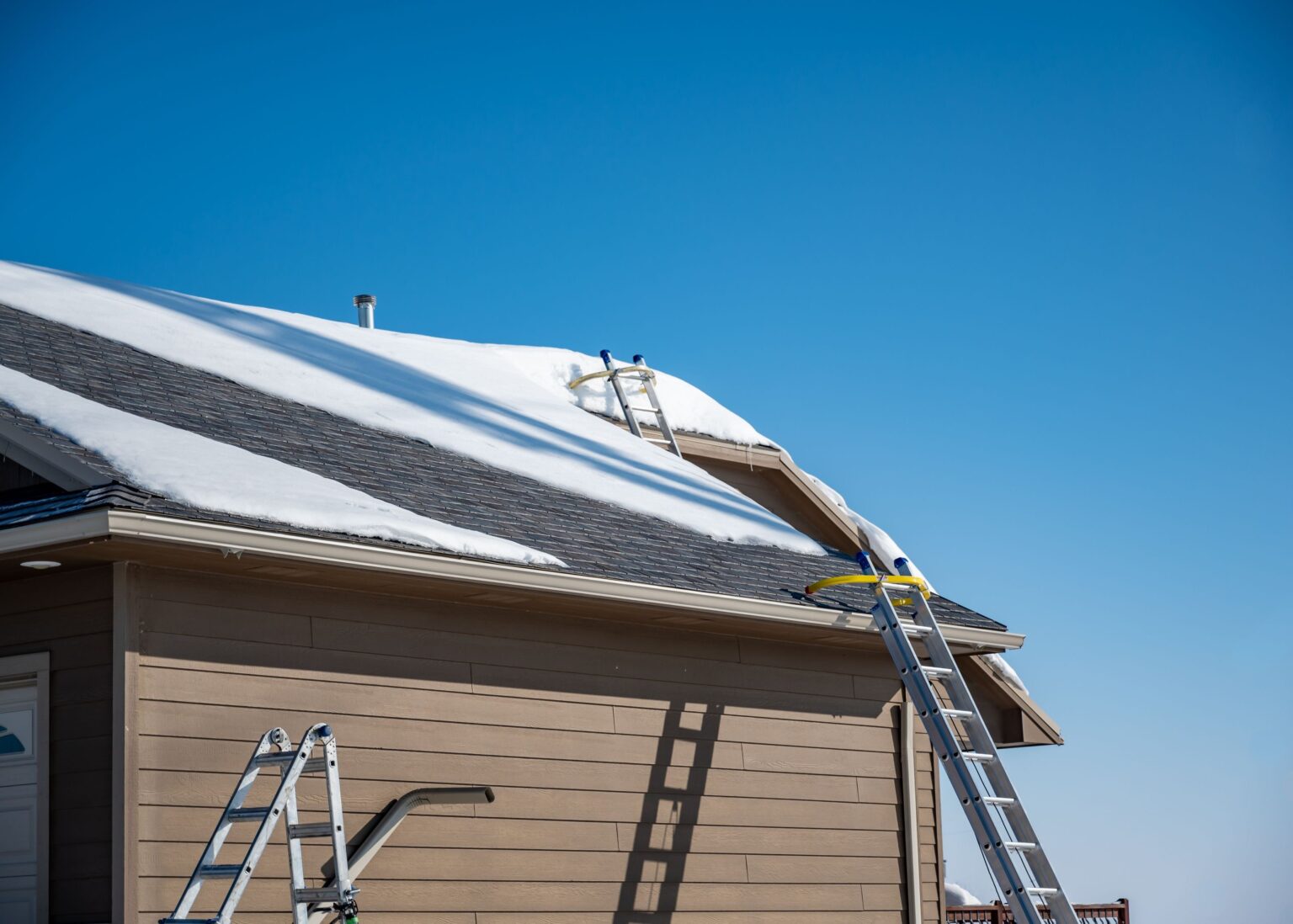Renovating your home’s exterior during the winter months may seem daunting, but it can be a rewarding and practical choice. Given the unique challenges of cold weather, it’s important to approach these projects with a strategic mindset and proper planning. With potential hurdles like icy conditions and lower temperatures affecting materials and timelines, understanding how to navigate these aspects is key. Additionally, the winter season offers the opportunity to engage contractors who may be more readily available and able to focus on your project. Whether it’s roof repairs, window replacements, or painting, there are benefits to tackling these tasks now, ensuring your home is ready to shine when spring arrives.
Understanding the Challenges of Cold Weather Renovations
Redoing your home exterior during the winter brings unique challenges that differ from warmer-season projects. The cold temperatures can affect materials like paint, concrete, and caulk, which might not set or cure properly, leading to longer drying times and potential issues with adhesion. Workers must also contend with less daylight, which can extend the time it takes to complete a project since their working hours are shorter. Additionally, safety is a primary concern, given the potential for icy conditions that can make ladders, scaffolding, and rooftops slippery and hazardous. It’s important to consider these factors when planning home exterior projects in cold weather to ensure that the work can be done safely and effectively.
Preparing for Roof Repairs in Winter
Roof repairs during the winter can present several logistical and material-related challenges. Cold weather can make roofing materials more brittle and difficult to manipulate, increasing the risk of damage during installation. Furthermore, snow and ice on roofs can create additional hazards for workers, potentially leading to delays as conditions need to be safe before they can proceed. The fluctuating temperatures can also impact the adherence of roofing materials, necessitating careful scheduling to take advantage of milder days. It’s best to hire professionals for any necessary repairs, and to have a contingency plan in place, as unexpected weather conditions can disrupt timelines and progress.
Navigating Paint and Finishing Work
Winter’s cool and often damp conditions can impact exterior painting and finishing, demanding careful consideration of timing and product selection. Many paints and stains require a minimum temperature to apply and dry correctly, and cold weather might necessitate the use of specialized products formulated for lower-temperature application. Properly managing moisture levels is crucial, as excess humidity can alter the elasticity of a finish, leading to premature cracking or peeling. Completing such tasks during intermittent warmer spells can help improve outcomes, as these conditions allow for more effective drying. Homeowners should be prepared for extended project timelines, as the unpredictability of winter weather affects when outdoor tasks can be safely tackled.
What to Expect When Replacing Windows
Replacing windows in cold weather requires careful preparation and timing, as exposure to the elements can significantly impact interior comfort. Windows should ideally be replaced one at a time by professionals to minimize heat loss while new units are being installed. The installation process may take longer due to potential complications with caulking and insulation, which are more challenging to apply and cure in lower temperatures. Exterior sealants need to be chosen specifically for cold conditions to ensure they adhere properly and perform well. Despite these challenges, replacing windows in the winter is possible with thorough planning, appropriate materials, and motivation to learn more about the process.
Recognizing the Benefits of Winter Renovations
Despite the challenges, winter exterior renovations offer some unique advantages. Contractors often have greater availability and flexibility during this season, which can mean reduced wait times for starting a project. Without the summer rush, you might also experience greater attention to detail and more personalized service, as crews aren’t juggling as many simultaneous jobs. The lack of foliage and plant growth around the home also makes it easier to access and assess exteriors, facilitating work on vegetation-obscured areas. Additionally, completing projects during the off-season means that your home is prepared and looking its best once the warmer weather arrives.
Embarking on winter exterior renovations can certainly come with its set of challenges, yet the potential benefits make it an appealing option for many homeowners. By understanding the unique conditions of the cold season and planning accordingly, you can successfully navigate through any obstacles. With professionals at your side and the right materials in hand, your renovation project can not only enhance your home’s curb appeal but also prepare it for the seasons to come. Winter is a quieter time for renovations, which means you might enjoy more attention to detail from your chosen crew. As you move forward, these efforts can pay off in a beautifully updated home that greets the spring with the fresh look it deserves.














